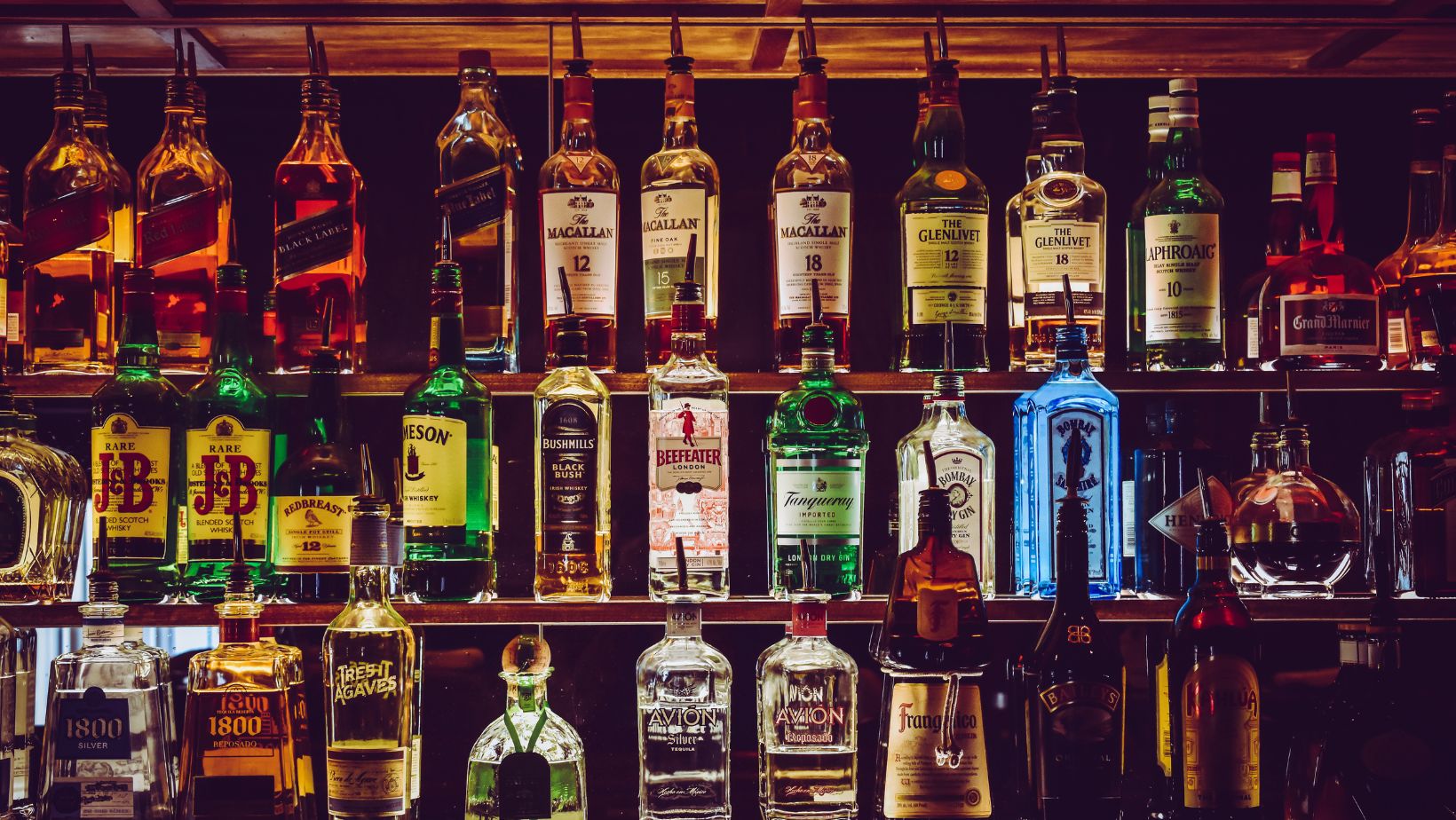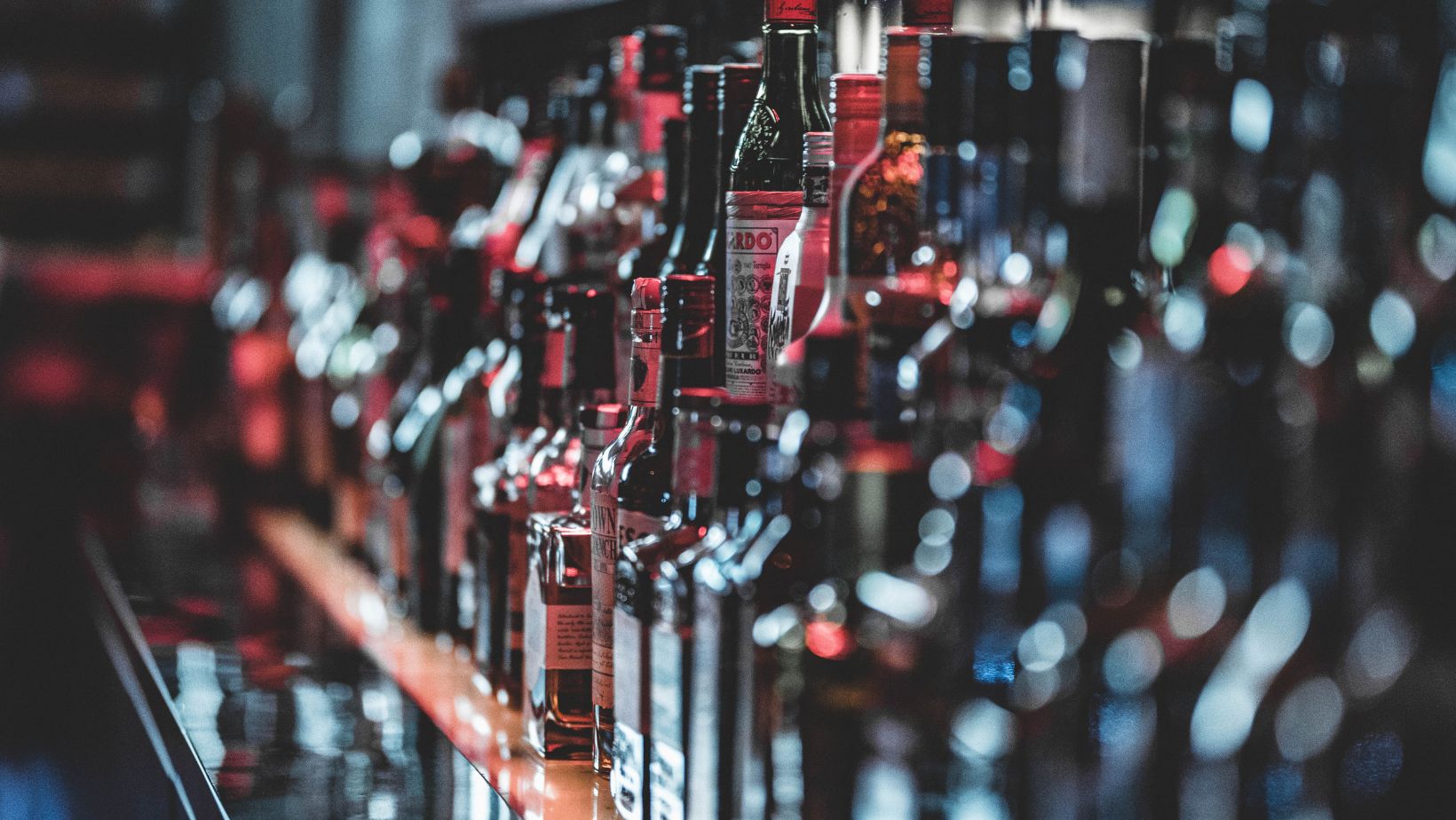For many of us, a drink after a long day’s work or to celebrate is a part of life. In fact, for the vast majority of us these days, alcohol is a key part of daily life. And while the occasional drink may feel like it’s doing no harm, the more we drink, the more problematic it can get.
In fact, many of us drink far more than we realise, which can have significant costs in different parts of our life. It’s believed that 10 million people in the UK regularly go beyond the guidelines set by the Chief Medical Officer, and that can cause huge problems for us.
So, just how much is alcohol really costing us? We take a look to see if it might be time for you to consider an alcohol detox and to reevaluate your relationship with the substance.
The Financial Cost
Of course, the most obvious cost is financially. After all, in the UK alcohol is not cheap anymore. You could be paying beyond £5 for a pint these days and over the course of two hours you may well be £15 down. Say you go out for three pints once a week, that’s a total of £780 in a year.
If you’re drinking more regularly, that can escalate even further and, ultimately, you could be spending thousands of pounds a year on alcohol. Have a think and try to calculate your spend.
The Impact on Health
We’re all aware of the fact that excessive alcohol consumption can lead to liver damage and so forth. But we never really think that will happen to us.
Actually, regular alcohol consumption can lead to a range of health issues, from liver disease and heart problems, to even just affecting your sleeping patterns and weakening your immune system.
What’s more, we all start to notice the beer belly, bad skin and general fatigue after drinking alcohol. And we should pay more attention to it.
What we do need to think more about is actually the hidden costs of alcohol. It can have a real impact on our productivity. Think about how you feel after a hangover, getting work done or even day-to-day chores becomes that much harder.
In fact, even if you’re drinking to the point where you’re not getting drunk or not going to suffer a hangover, alcohol will still affect sleep quality and as a result leave you feeling more tired and less focused the following day.
In more extreme cases, a big night of drinking, or even regular drinking can lead to absenteeism in work, which can have a significant impact on your workload, your professional reputation and your income.
The Strain on Relationships
Often we don’t consider what impact our drinking is having on other people. It’s something we often ignore, brush off and blame it on something else. But, ultimately, drinking can lead to mood swings, arguments, erratic behaviour and that can take its toll on our loved ones, whether it be partners, family members, friends or even colleagues.
It can lead to breakdowns in relationships and often cause social isolation, which can exacerbate drinking problems even further, while also lead to other mental health problems such as loneliness.
The Opportunity Cost
Finally, there’s the opportunity cost to consider. The money spent on alcohol could be used for other things – savings, investments, holidays, or pursuing new hobbies. The time spent drinking or recovering from drinking could be better spent on activities that enhance your life, such as exercising, learning new skills, or spending quality time with loved ones.
When you add up the financial, health, productivity, and social costs, it becomes clear that alcohol can be far more expensive than it first appears. By reducing or eliminating alcohol from your life, you can save money, improve your health, enhance your productivity, strengthen your relationships, and open up new opportunities for personal growth and happiness.

























